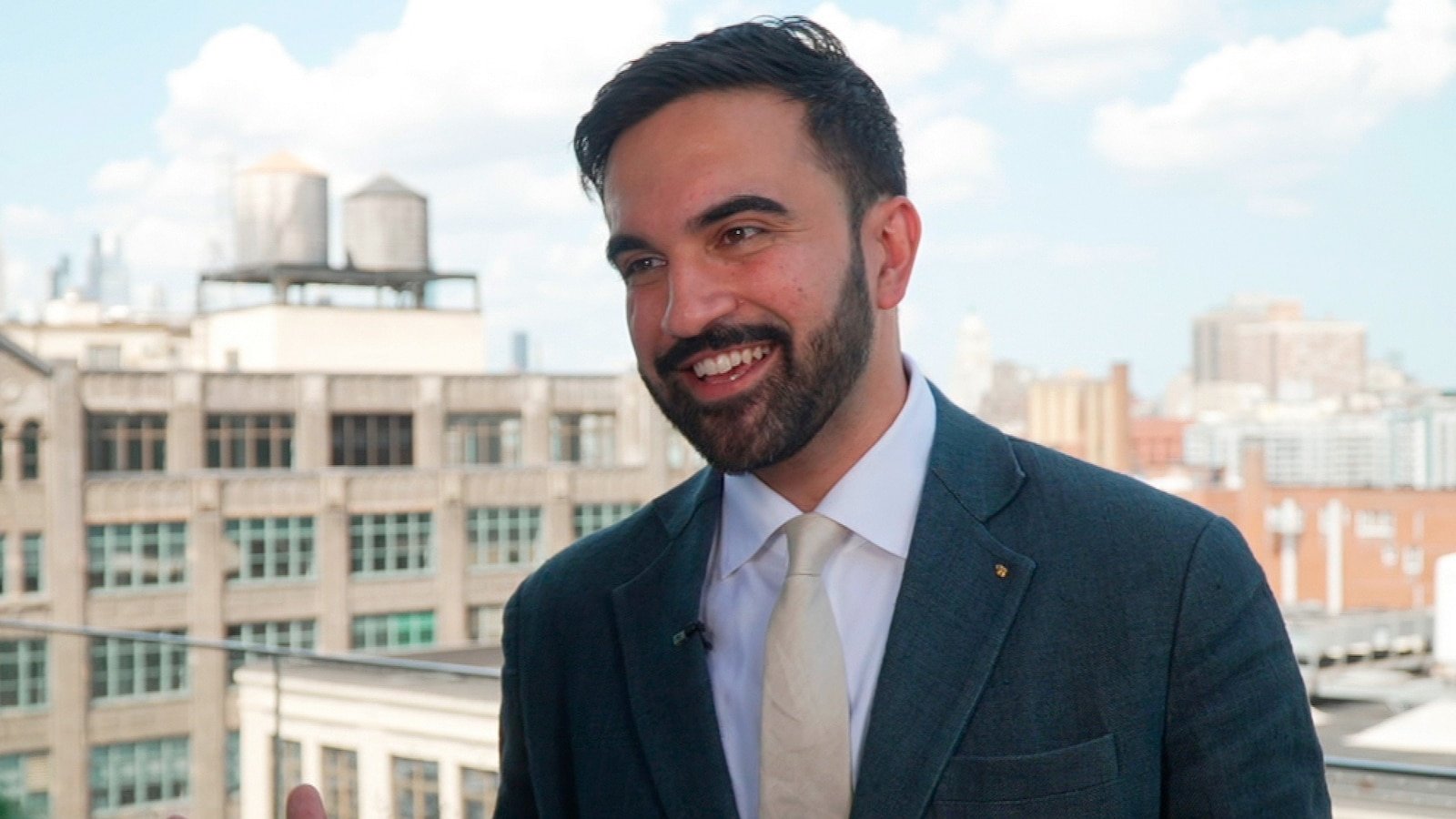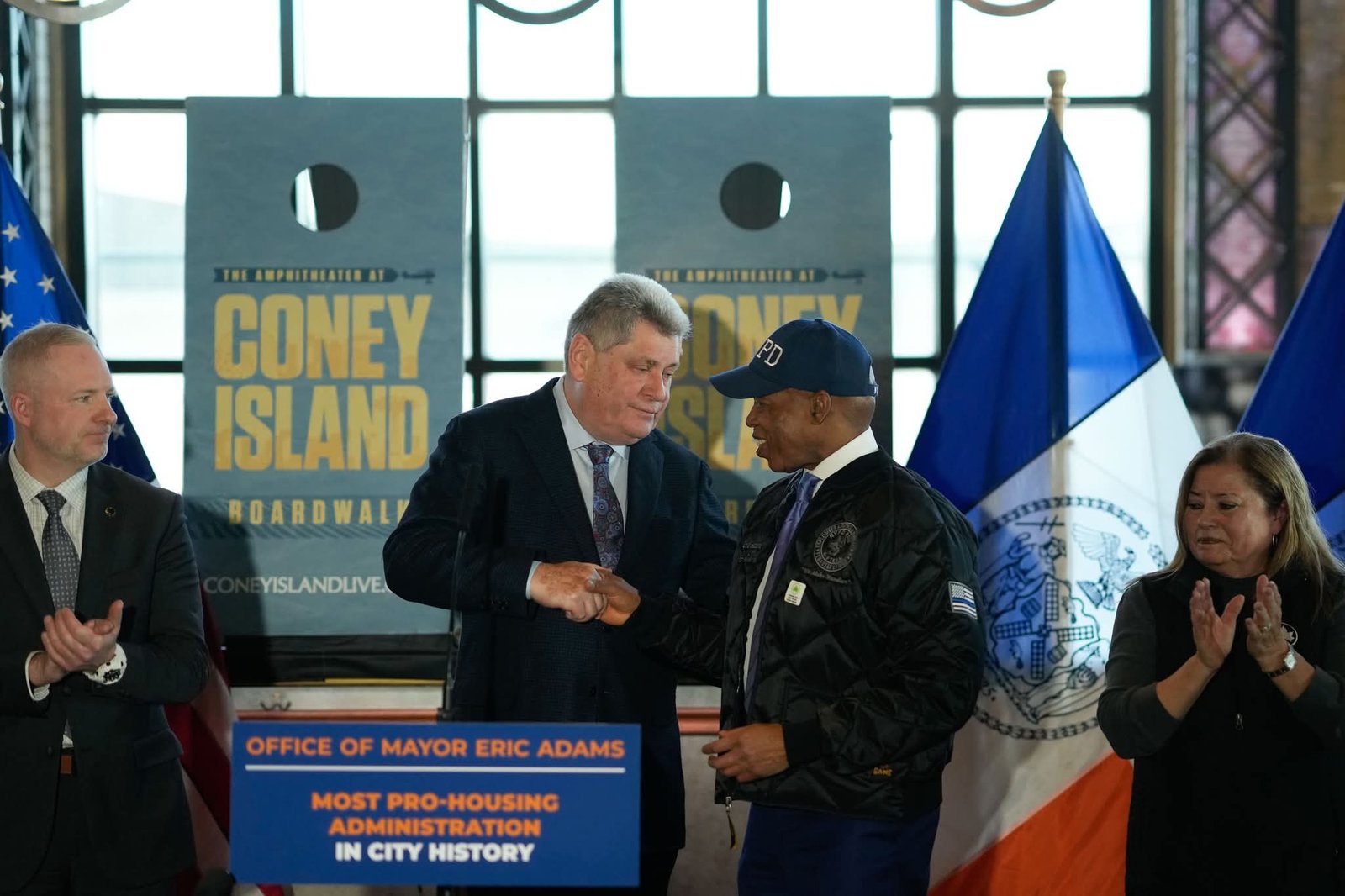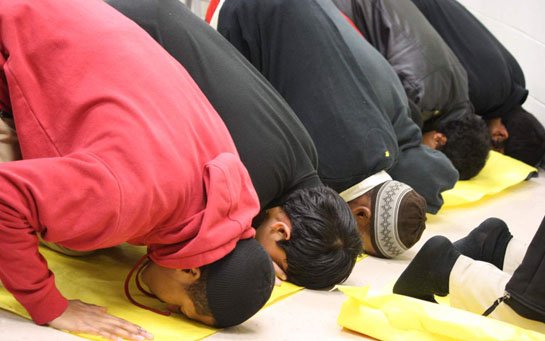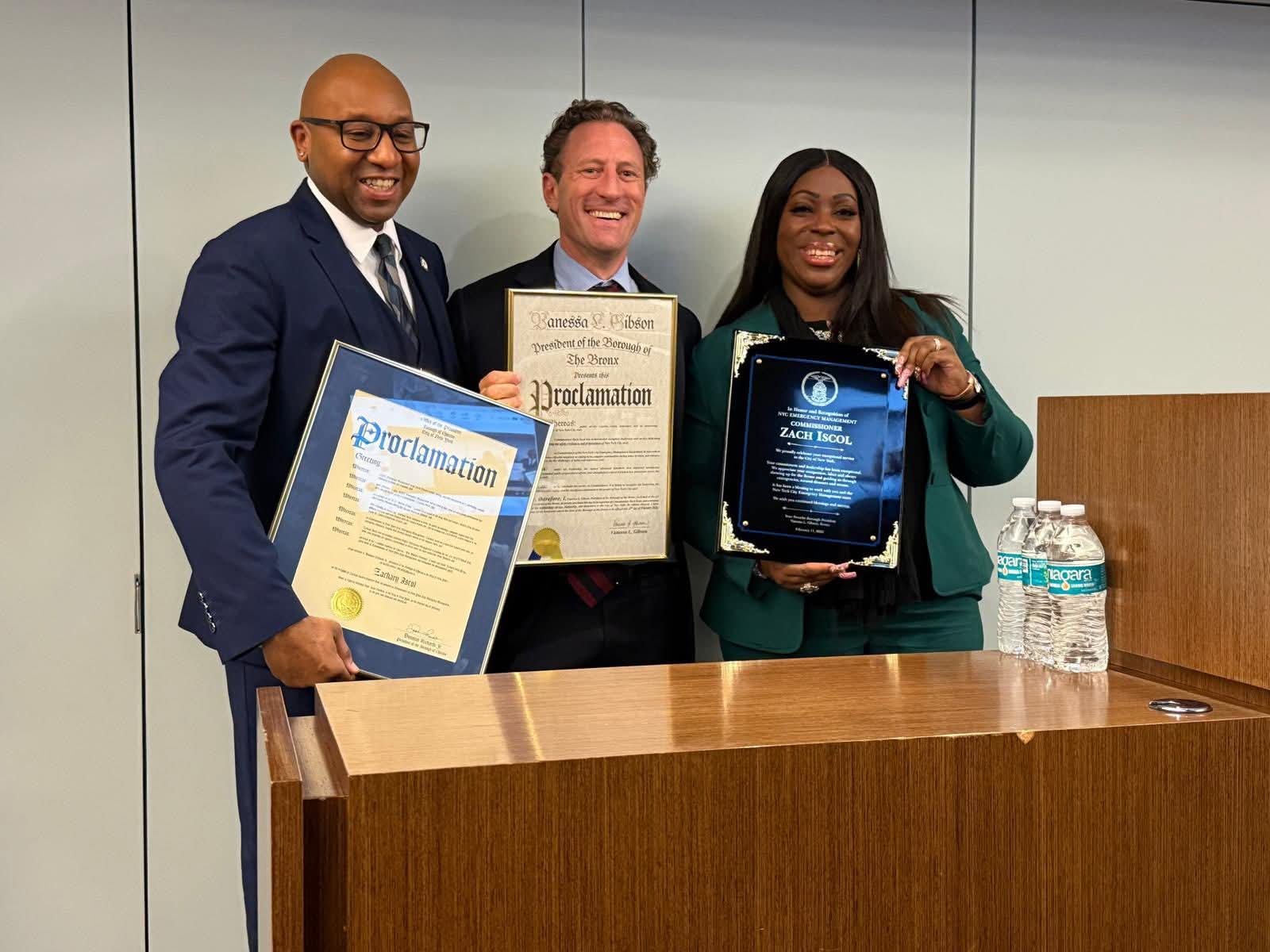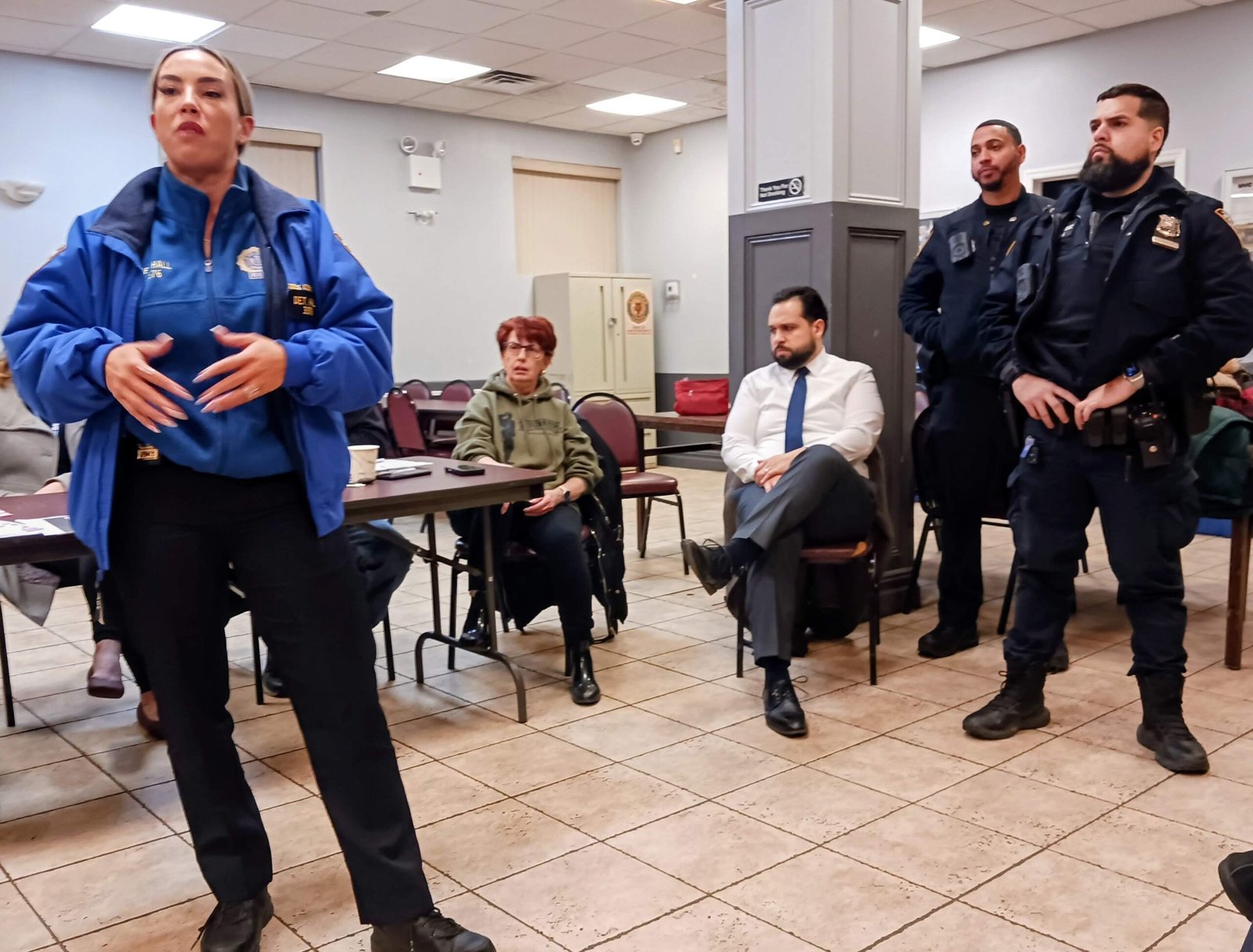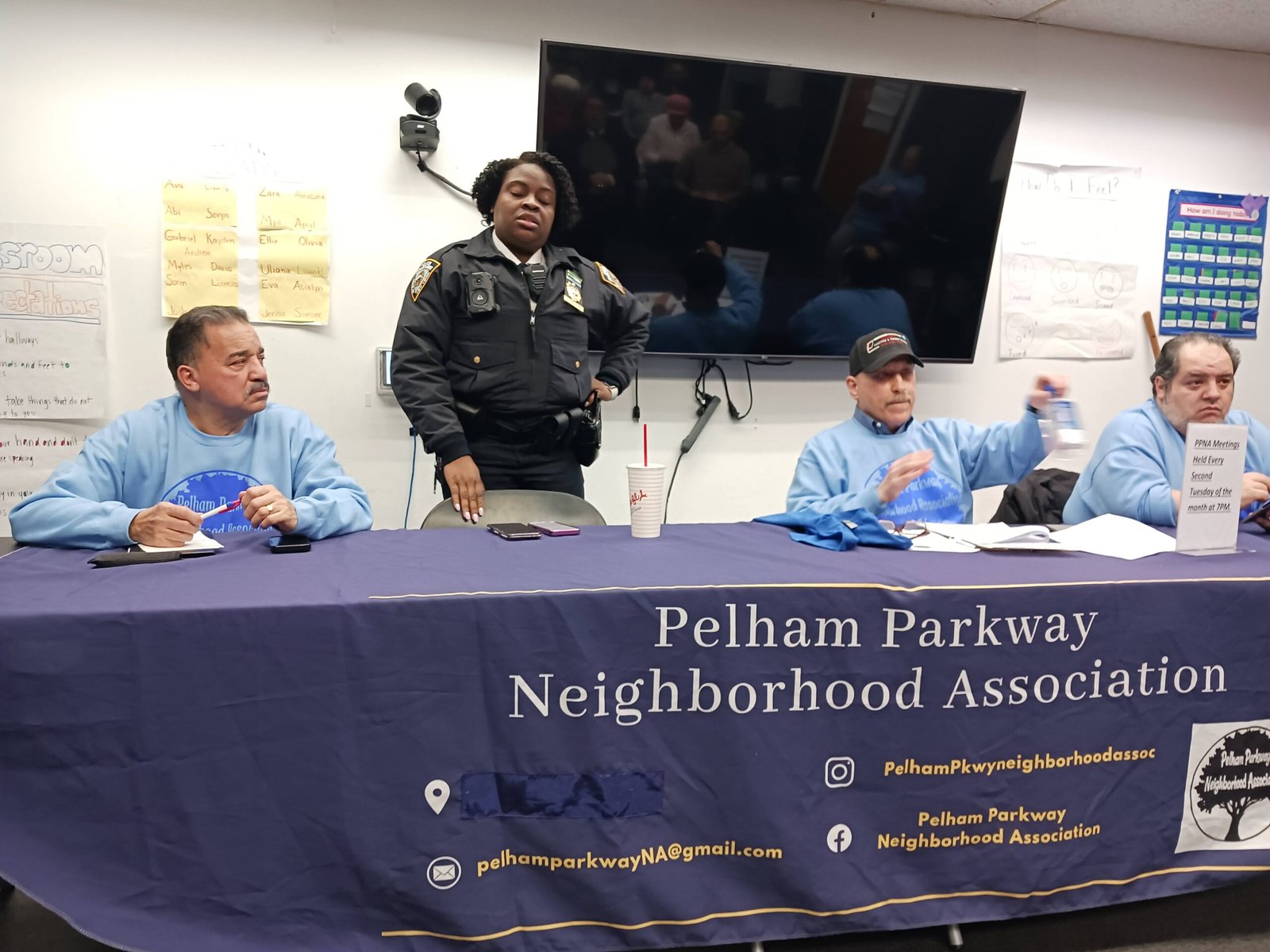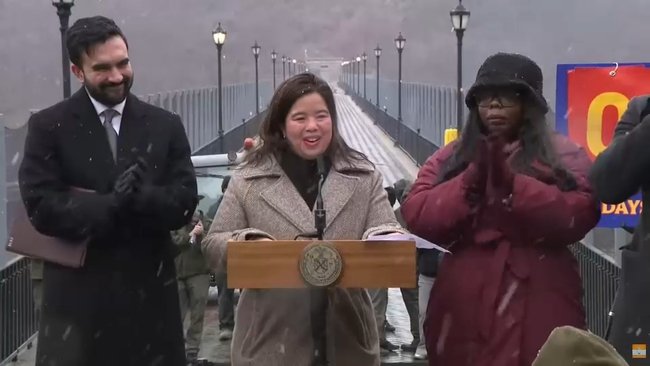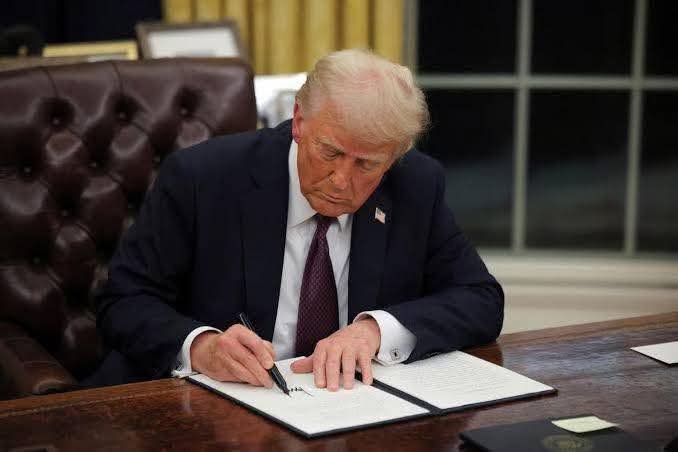
In an unexpected policy shift, the Trump administration on Monday unveiled a controversial new initiative aimed at encouraging undocumented migrants to voluntarily leave the United States. The plan offers a $1,000 cash incentive and fully paid airfare for individuals willing to return to their countries of origin.
President Donald Trump introduced the program during a White House event, emphasizing what he called a “humane” and structured alternative to forced deportation. “It’s a beautiful flight back,” Trump said, underscoring the administration’s attempt to reframe the immigration debate with what he portrayed as compassion coupled with enforcement.
The program, which lacks detailed guidelines at this stage, is designed to reduce the number of undocumented migrants residing in the U.S. without resorting to detention or immediate expulsion. It is also seen as part of a broader effort to streamline immigration enforcement and reallocate resources.
Adding a potentially significant dimension to the announcement, Trump suggested that some participants in the self-deportation scheme might be given the opportunity to return legally in the future. “If they’re good people, the kind we want in our country, we’ll work with them so maybe someday they can come back,” he said in response to a reporter’s question.
While the administration frames the plan as voluntary and humane, critics argue that the lack of clarity on eligibility and enforcement mechanisms raises concerns about its real-world implications and potential coercion.
As immigration remains a central issue in American politics, the new initiative is expected to spark intense debate across the political spectrum, with questions already mounting about how the plan will be implemented, monitored, and judged for fairness and effectiveness.



